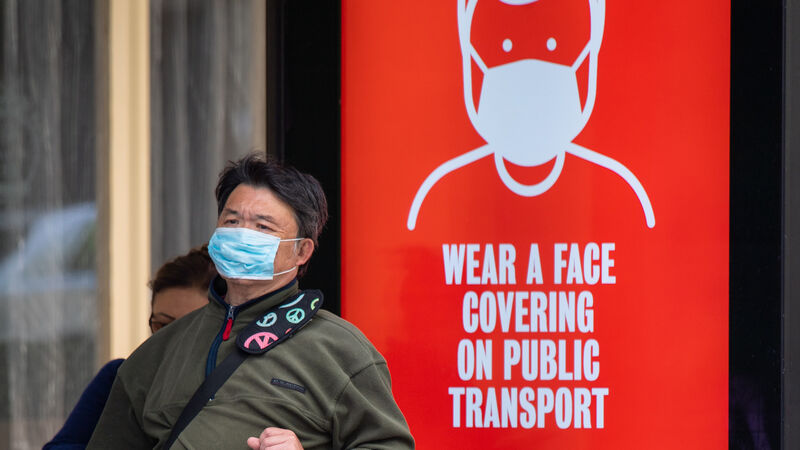Covid infections growing at 2-4% per day as 783 new cases confirmed

Hiqa found that restrictions continue to be eased across 18 of the 19 countries included in the review, with the exception of Portugal where regional Covid-19 restrictions have been reintroduced.
The Department of Health has confirmed a further 783 cases of Covid-19, with 73 people currently hospitalised with the virus, of which 20 are in intensive care.
There has been an additional 13 hospitalisations in the past 24 hours.













